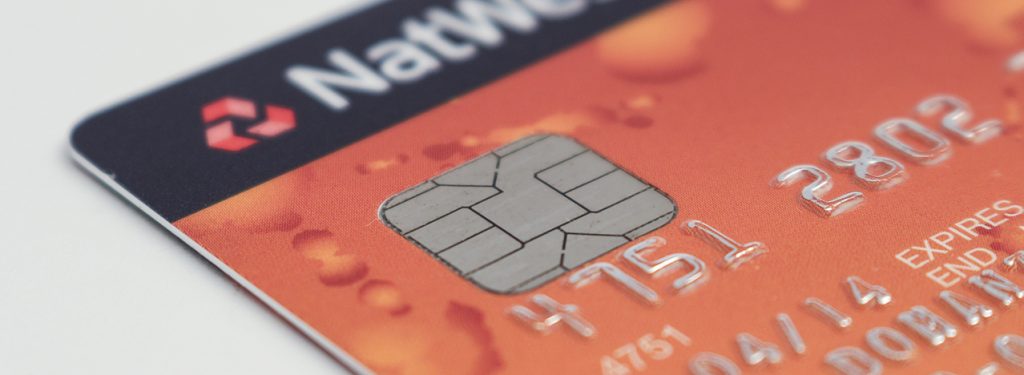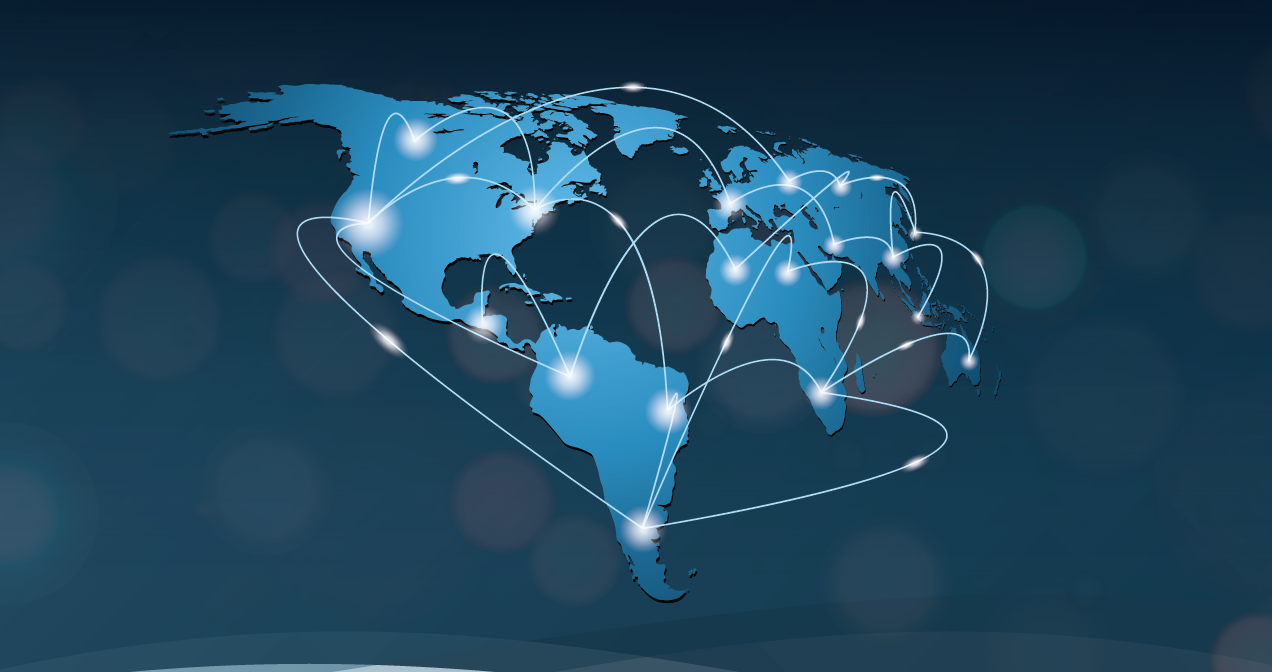Big Data and Privacy: The New Conversation
Privacy is a big deal.
If anyone in the data industry didn’t know this before, they sure do know it now. Recent events in American politics have polarized many people to opposing camps on this issue, but what everyone seems to agree on is that data is powerful, and therefore the industry that helps to produce it should be monitored.
A recent post on the New York Time’s Blog tackles the latest issue in this debate, by summarizing the main issue for folks all over the country:
While proponents view such big data analytics as promising tools for discovering useful insights in medicine, education, marketing and many other fields, consumer advocates warn that without explicit federal rules or policies overseeing their use, computer-generated algorithms could potentially be used to identify people who would prefer to remain anonymous, or to discriminate unfairly. They could be used, for example, to offer some consumers perks while others are charged higher prices or interest rates.
To be sure, these are valid concerns. Anyone that works in the fields of Data (Data Warehousing, Data Collection, Data Anything!) should be paying attention to the way this drama is unfolding; it has huge implications for politics, government, and business. We can’t talk about this issue without talking about what has prompted this level of concern, which in this case would now-infamous NSA leaks.

This is not a political blog, so don’t worry, we’re not going there! But, it is foolish to ignore the changing public sentiment when it comes to things like Big Data. Instead of ignoring it, we should be joining in the conversation, because the people who design these Big Data systems (and interfaces, and warehouses, etc) are also people who care about privacy, and many of them would horrified to find their life’s work used in a way that is harmful. This is not a surprising thing to learn, is it? It shouldn’t be. These people are us.
And thankfully, we are part of the conversation — with the very organizations we should be talking to, to include the White House:
On Jan. 17, the President called for comprehensive review by “senior government officials,” led by advisor John Podesta. The goal is to look at how “big data” is collected, analyzed and used and the impact on privacy, public policy and the economy. Among other things, the White House wants to know if there is a way to set international norms for managing data and how “we can continue to promote the free flow of information in ways that are consistent with both privacy and security.
This comes on the heels of the White House, in an effort led by the President, seeking the advice and counsel of the Big Data players in the field. This is great news, and everyone working in the Big Data, Business Intelligence, and Analytics fields should be thrilled that Uncle Sam is casting about for help. It gives us a huge opportunity to have our voices heard, and to help governments of all sizes understand the power of data, and what it can do for people.
Because when we get down to it, all of this is aimed at making life better for people: whether it is helping them increase profits, helping them make better decisions, or indeed, helping governments to govern. This is important stuff, and we should be a part of it.
If you could tell the government one thing about Big Data, what would it be?




